Mechanism offers platform for China, U.S. to contribute to global AI regulation
The first intergovernmental dialogue between China and the U.S. is a positive sign for collaboration between the two leading countries in artificial intelligence, experts say, which has established a new platform to draw on each other's governance experiences and contribute to global AI regulation.
Both sides labeled the meeting "constructive" after talks in Geneva, Switzerland, on May 14.
Sourabh Gupta, a senior fellow at the Institute for China-American Studies in Washington, said there was a genuine sense of "constructiveness" at the AI meeting, "given that it opened a channel for communication on an issue that will require a degree of cooperation and coordination from both sides for a long time and given its importance".
"AI is not going away anywhere," Gupta said, adding it is "ground enough" to label the meeting as "constructive" as the two sides were able to take a preliminary step in establishing a framework for dialogue.
Zhu Rongsheng, an expert from Tsinghua University's Center for International Security and Strategy, said that in an era of rising geopolitical competition, it is a significant step for the two leading AI powers to sit down and discuss global AI governance.
"This new dialogue mechanism not only meets the international community's urgent call for AI governance but also showcases the responsible roles both nations can play," Zhu said.
"AI-related technologies like deepfakes and misinformation have shown their global impact. By collaborating, the U.S. and China can enhance their regulatory frameworks to protect their citizens and offer guidance to other countries."
Responsible role
It is hoped the United States can work with China in this field to play a responsible role as major powers, jointly establishing rules to protect the interests of the global majority, said Zhu, who is also a senior researcher at Meta-Strategy Institute, a think tank in Beijing.
Gupta said: "There's value in all the big players in the system coming and proposing common rules by which AI is regulated at the international level. And so that's also a useful area of dialogue within the framework of this conversation."
In the context of current China-U.S. relations featuring a mix of competition and cooperation, this intergovernmental dialogue mechanism opens new communication channels that help both sides clearly express their AI-related security concerns and development goals, reducing misunderstandings and strategic misjudgments, Zhu said.
However, the U.S.' suppression and containment of China regarding AI have increased the difficulties in bilateral dialogue in this field, he said.
On May 8, a bipartisan group of members from the U.S. House of Representatives unveiled the Enhancing National Frameworks for Overseas Restriction of Critical Exports Act, which seeks to restrict the export of U.S. AI systems to prevent "foreign rivalries" from using U.S. AI technology.
Restricting exports
It also aims to restrict the export of the systems to foreign competitors and authorizes the U.S. Department of Commerce to prohibit U.S. people from working with foreigners to develop AI systems that allegedly pose a risk to U.S. national security.
The act defines an AI system as "any software or hardware implementation of artificial intelligence, including artificial intelligence model weights and any numerical parameters associated with the AI implementation".
The previous gradual tightening of U.S. restrictions on advanced chips and the consideration of licensing U.S. cloud computing companies to provide advanced AI computing power to foreign customers — especially those in China — are measures to escalate export controls in AI.
Such actions are intended to "raise the fences", Gupta said.
Zhu said: "The U.S. approach is like 'cutting off your nose to spite your face'.
"It might also be impractical because AI system encompasses multiple facets such as hardware, software and data. Banning software, in particular, is especially challenging.
"If the U.S. continues to contain China in this manner, it risks losing potential users and partners for American AI products and services in China. This would not only hinder short-term profits but also pose potential long-term losses for the U.S."








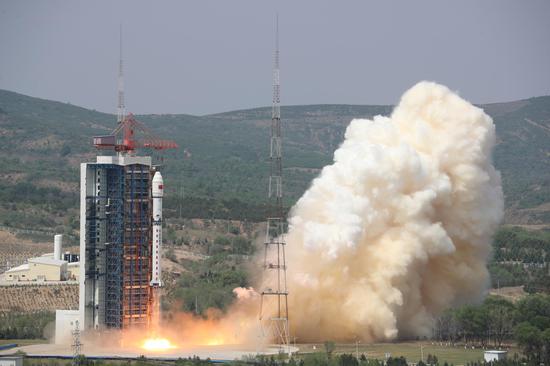






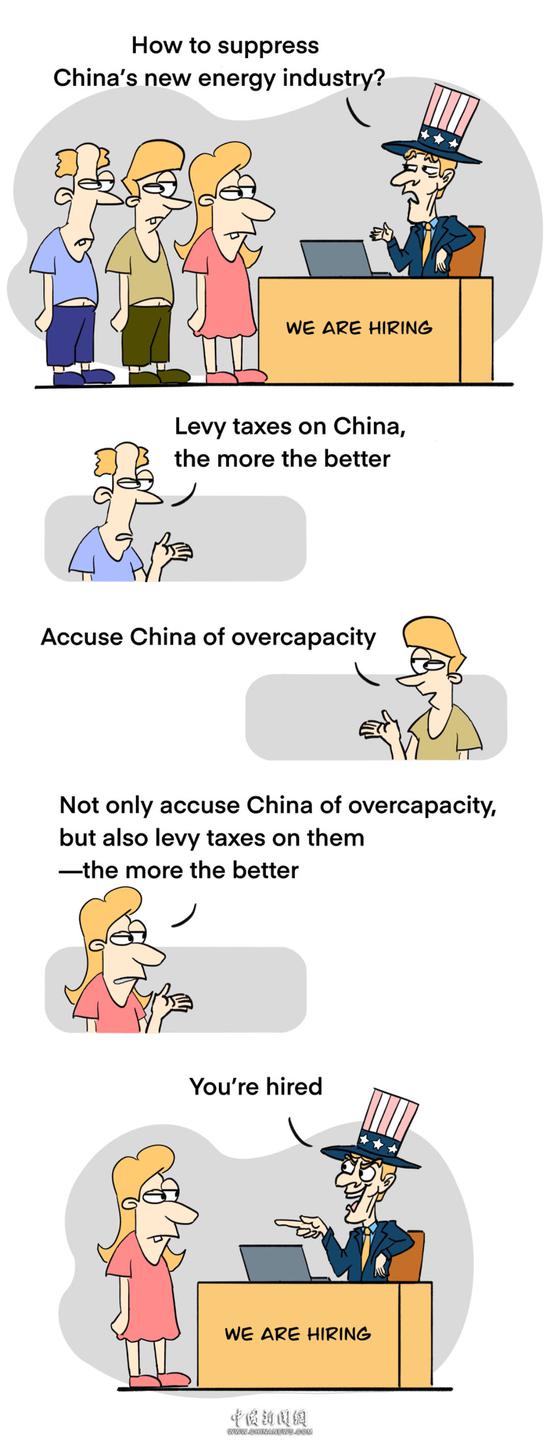
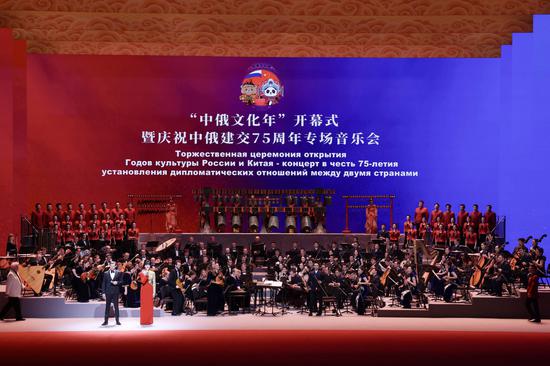


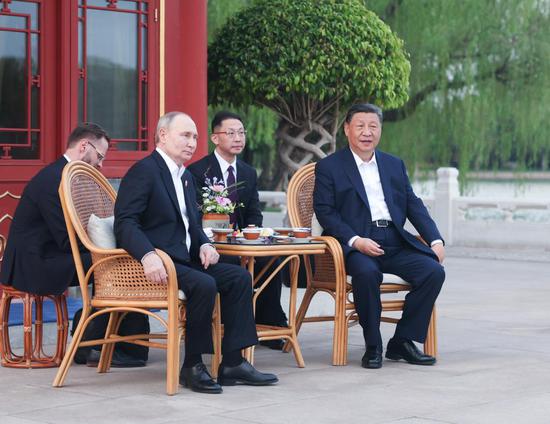

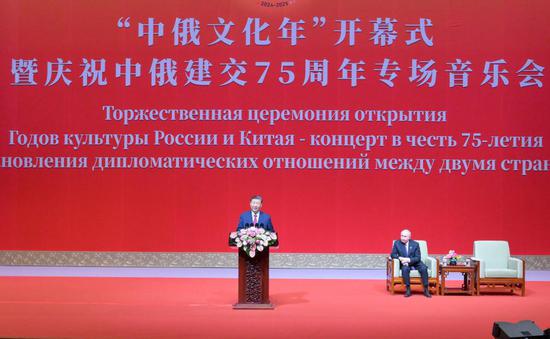













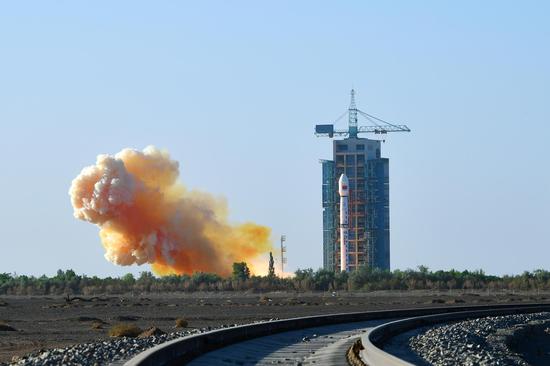


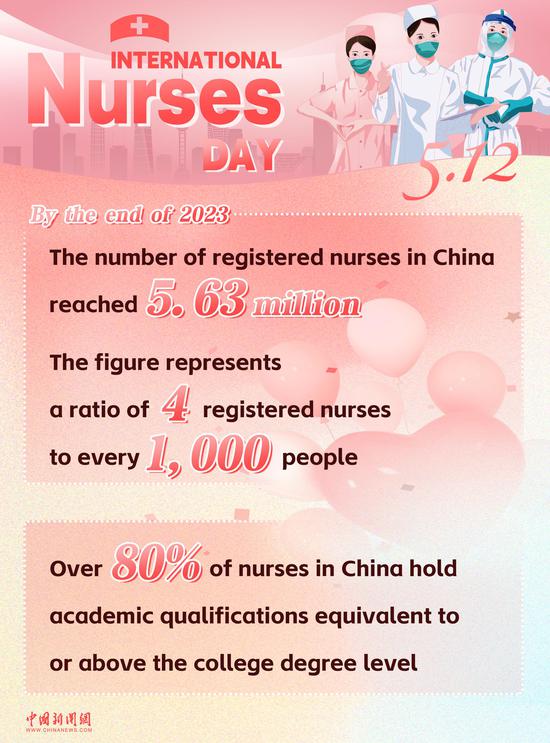

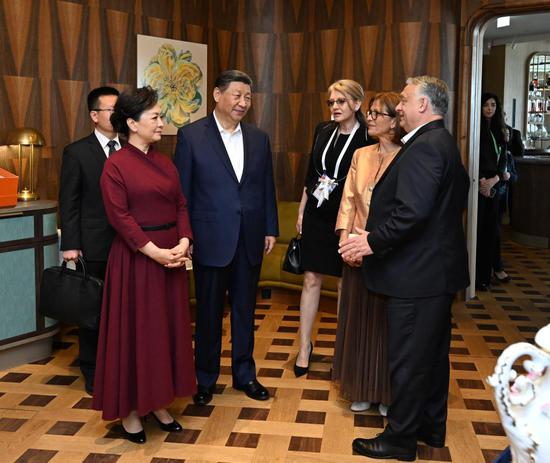
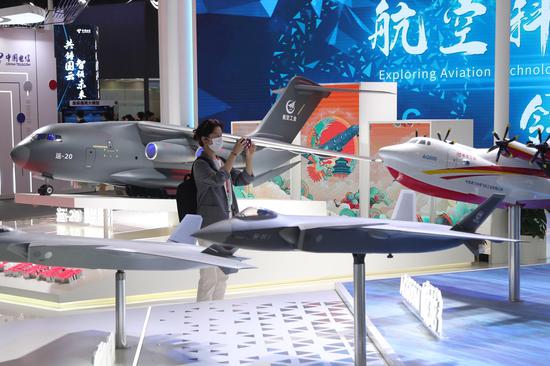








 京公網安備 11010202009201號
京公網安備 11010202009201號